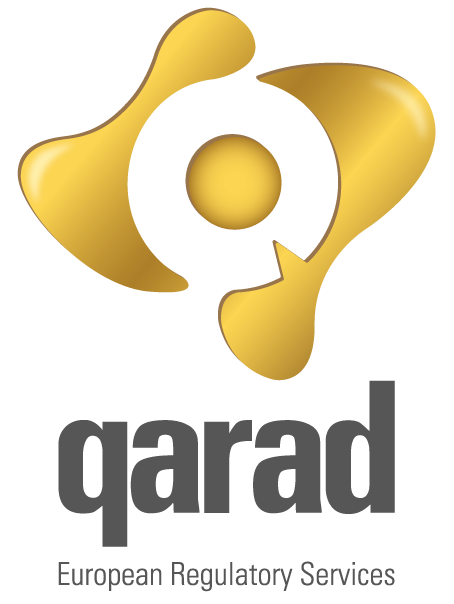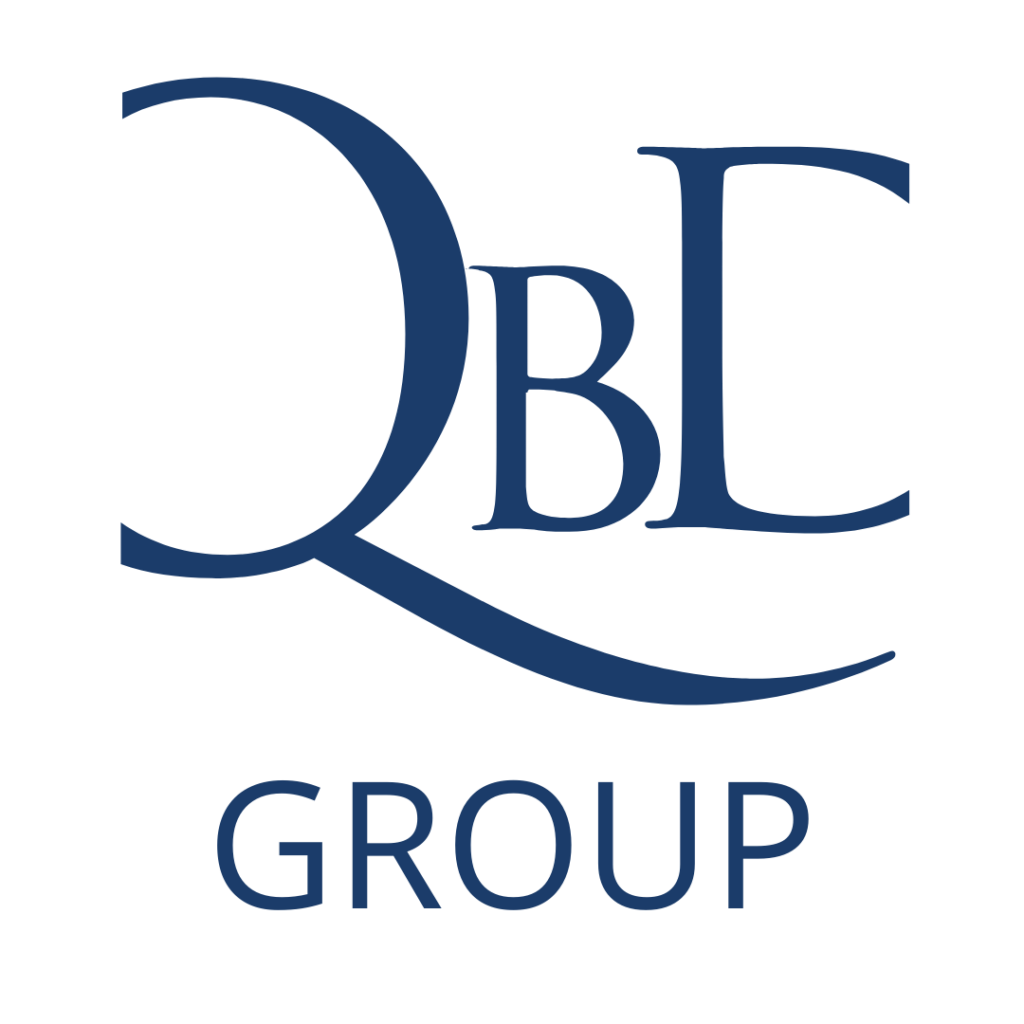April 16th and 22nd and May 17th and 22nd, 2021, new guidance documents were released by the Medical Device Coordination Group (MDCG). These new documents offer guidance on standardisation for medical devices (MDCG 2021-5), provide Questions and Answers regarding clinical investigation under Regulation (EU) 2017/745 (MDCG 2021-6), provide a notice to manufacturers and authorised representatives on the impact of genetic variants on SARS-COV-2 in vitro diagnostic medical devices (MDCG 2021-7) and clarifies clinical investigation application/notification documents (MDCG 2021-8).
MDCG 2021-5 Guidance on standardisation for medical devices.
This guidance explains that for product characteristics, the content of legislation is limited to establishing essential requirements that products intended to be placed on the EU market must meet. The technical details and solutions supporting those essential requirements are laid down in harmonised European standards specifically developed by designated European standardisation organisations based on specific standardisation requests issued by the Commission. Therefore, products designed and manufactured according to applicable harmonised European standards benefit from a presumption of conformity with the relevant legal requirements. This particular legal status of harmonised European standards generally allows manufacturers and the other sectorial actors (including notified bodies and national competent authorities) to make easier, quicker, and less burdensome the processes related to conformity assessment procedures, affixing of the CE marking and placing on the market, market surveillance, etc.
Generally, the use of harmonized standards is voluntary, though there are some exceptions where the use of harmonized standards is mandatory (e.g., for symbols). The voluntary character of the use of standards means in practice that the manufacturer may always choose to apply the technical solutions provided by harmonised European standards cited or not cited in the OJEU, or by non-harmonised European standards, or by any other international or national standards, or even to develop its own technical solutions, provided that it is able to demonstrate that these different or alternative non-harmonised means are adequate to comply with the legal requirements applicable to the product. Thus, choosing to use a standard or not belongs to the manufacturer, within its overall and ultimate responsibility on compliance. To be lawfully placed on the EU market, medical devices must comply with the health, safety, and performance requirements of the applicable legislation, and not necessarily with the clauses of a standard.
The MDCG guidance provides an overview of the legal basis, development and publication of harmonized European standards and addresses the international aspects of standardization and the concept of “state of the art” with regards to standards.
MDCG 2021-6 Regulation (EU) 2017/745 – Questions and Answers regarding clinical investigation.
This document offers advice to sponsors of clinical investigations of medical devices conducted within the scope of the Regulation (EU) 2017/745 (MDR).
The guidance addresses questions covering a range of topics, including the appropriate regulatory pathway for clinical investigations, how to handle modifications to clinical investigations, timeline considerations, clinical investigation reports and which arrangements have been put in place for the transitional period.
The clinical investigation module in EUDAMED will not be ready by the Date of Application of the MDR, 26 May 2021. Therefore, all requested information to apply for or notify a clinical investigation should be submitted to the national competent authorities unless otherwise specified in the member state concerned.
MDCG 2021-7 Notice to manufacturers and authorised representatives on the impact of genetic variants on SARS-COV-2 in vitro diagnostic medical devices.
The notice underlines the manufacturers’ responsibilities to continually assess the impact of newly identified genetic variants of SARS-CoV-2 on the capability of their IVD devices, with intended purpose to detect and/or quantify markers of SARS-CoV-2 infection, to meet their performance, risk, and safety claims.
The notice states that manufacturers must continually assess the impact that new genetic variants may have, to ensure that the performance of their devices continues to meet the essential requirements set out in the IVD Directive 98/79/EC. The risks associated with the use of the device must also be reviewed on an ongoing basis to ensure that they are acceptable when weighed against the benefits to the patient. This approach should be documented and made available by the manufacturer upon request.
MDCG 2021-8 Clinical investigations application/notification documents.
(multiple documents under header Clinical Investigation and evaluation)
In the absence of EUDAMED, a series of clinical investigation application/notification documents have been created to support clinical investigation procedures with respect to MDR. These documents include:
- Clinical investigation – application/notification form under the MDR
- Addenda to the clinical investigation application/notification form for:
- Additional investigational device(s) (section 3)
- Additional comparator device(s) (section 4)
- Additional investigation site(s) (section 5)
- Clinical investigation supporting documents – Appendix of documents to attach.
- Checklist of general safety and performance requirements, Standards, common specifications, and scientific advice.
Furthermore, in the absence of EUDAMED, the Union-wide unique single identification number for a clinical investigation, will be the CIV-ID which is currently used for Eudamed2.
These templates will be withdrawn once the EUDAMED module for clinical investigations is fully functional.
What does this mean to you?
You are strongly advised to read and act upon the MDCG guidance documents that may be applicable to your devices.
Should you want to discuss this more in depth with one of our consultants, please do not hesitate to get in touch with us.

